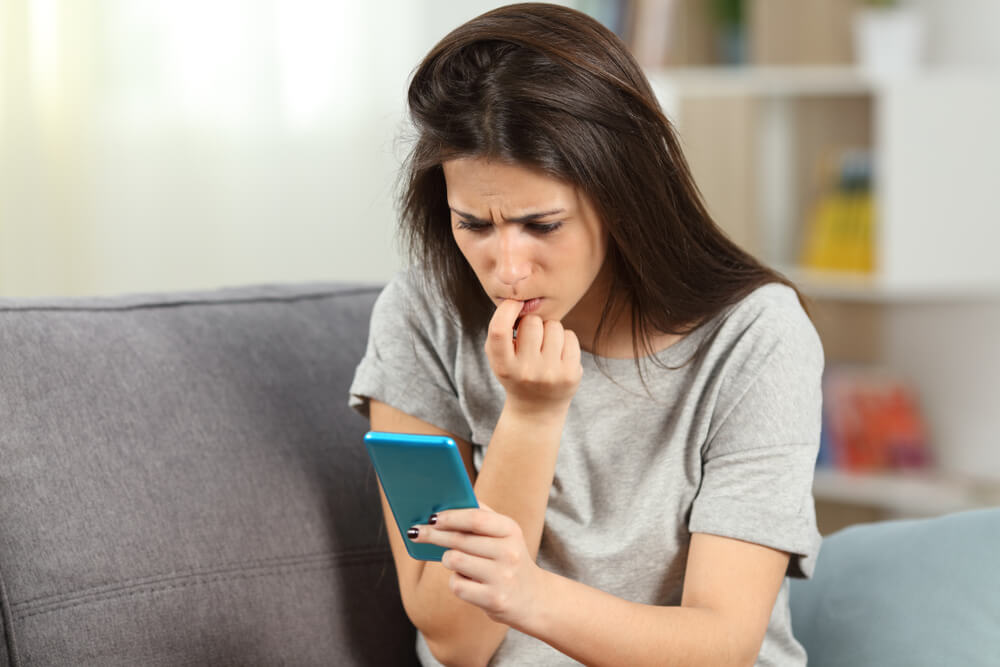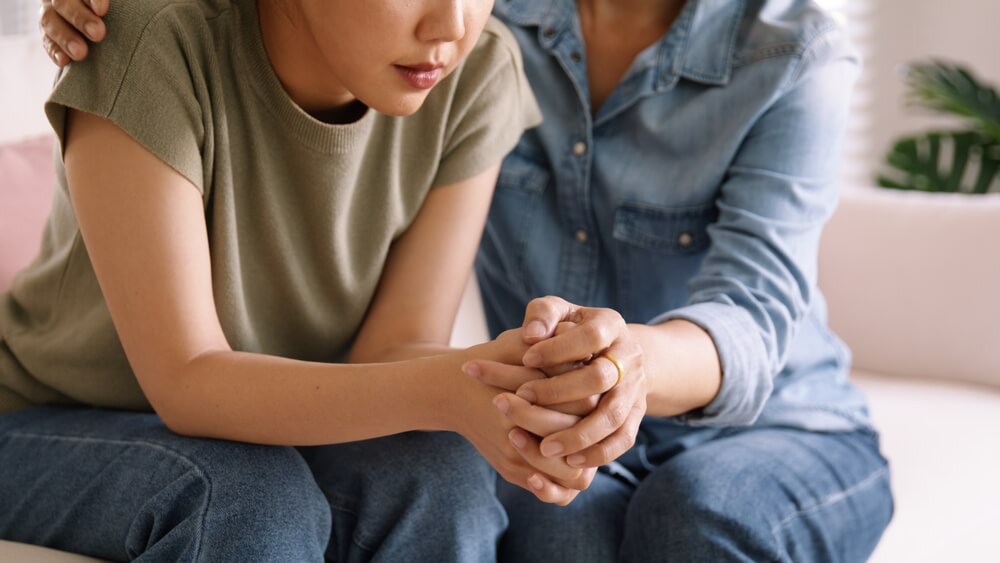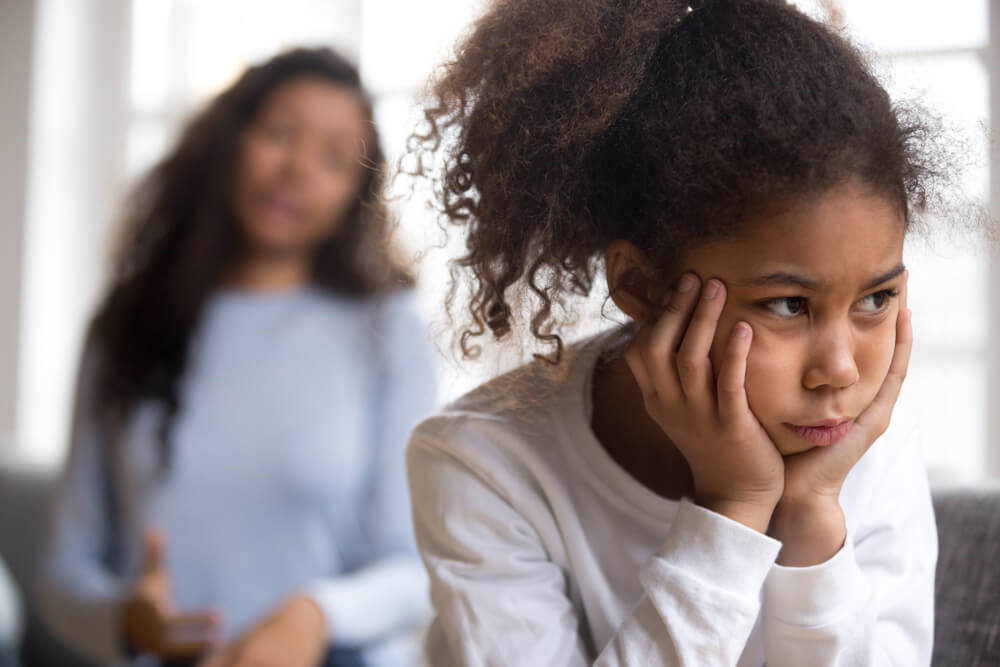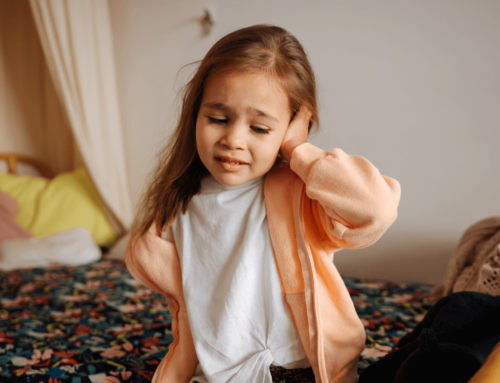Anxiety is a natural human response to stress and challenging situations. In children and adolescents, however, it can be a complex and often misunderstood issue. While a certain level of anxiety is normal, excessive or chronic anxiety can be detrimental to a child’s mental and emotional well-being. Let’s explore some tips and tricks that, with practice, may help us reduce and manage the anxiety we feel.
Understanding Anxiety in Children and Adolescents

- Types of Anxiety: Anxiety can manifest in various forms in children and adolescents. Some common types include generalized anxiety disorder, social anxiety, specific phobias, and separation anxiety. Understanding these different types is essential to provide effective support.
- Triggers: Identifying the triggers of anxiety is crucial. These can range from academic pressures, social challenges, family issues, or even major life changes like moving to a new school or town. Parents and caregivers should be attuned to these triggers.
- Signs of Anxiety: It’s essential to recognize the signs of anxiety in children and adolescents, which can include physical symptoms like headaches or stomach aches, behavioral changes, withdrawal from social activities, or excessive worry. Timely recognition can lead to early intervention.
The Role of Self-Care in Managing Anxiety
- Open and Consistent Communication: Encourage open and honest communication with your child. Let them know that it’s okay to talk about their feelings and concerns. This can create a safe space for them to express themselves. An emotional check-in can be helpful as part of your routine. It’s important to actively listen as well as validate your child’s thoughts and emotions. Communication can occur in many forms. Your child may express their feelings through drawing, singing, talking or dancing. Be open to all forms of communication. Checking in with other family members and friends is a great idea. You might be providing a helping hand and also find that it lifts your own spirits as well.
- Establish a Routine: Structure and routine can provide a sense of security and predictability. Make sure your child has a balanced routine that includes school, play, relaxation, and rest.
- Teach Relaxation Techniques: Teach your child relaxation techniques such as deep breathing, mindfulness, and meditation. Guided imagery is a technique where for a few minutes you close your eyes and visualize one of your favorite places where you feel calm and relaxed. It can be a the mountains, a forest, a beach or even your bedroom. All of these practices can help reduce anxiety and stress levels. Explore these links below:
- What is Mindfulness – the practice of changing your relationship with your thoughts. It is the practice of being in the moment without judgement.
- Mindfulness for Children.
- Guided Muscle Relaxation for Kids.
- Belly Breathing with Elmo.
- Five Finger Breathing.
- Guided Imagery.
- Physical Activity: Regular physical activity is not only beneficial for a child’s physical health but also for their mental well-being. Encourage your child to engage in activities they enjoy, such as sports, dancing, or yoga. Exercise reduces the body’s level of stress hormones while increasing the body’s production of endorphins. Endorphins are natural analgesics that reduce pain and stress.
- Balanced Nutrition: A well-balanced diet plays a crucial role in mental health. Ensure your child’s diet includes plenty of fruits, vegetables, and whole grains. Minimize the intake of sugary and processed foods.
- Adequate Sleep: Establish healthy sleep habits. A lack of sleep can exacerbate anxiety, so make sure your child gets the recommended amount of sleep for their age. For more information, click here.
- Limit Screen Time: Excessive screen time, particularly on social media, can contribute to feelings of anxiety. Set limits on screen time and encourage face-to-face social interactions.
- Seek Professional Help: If your child’s anxiety is persistent and interferes with their daily life, don’t hesitate to seek professional help from your pediatrician, a therapist, or a counselor who specializes in child and adolescent mental health.

Anxiety in children and adolescents is a significant concern, but with the right approach, it can be effectively managed. Self-care plays a crucial role in helping young individuals cope with anxiety and build resilience. By understanding the various types of anxiety, recognizing the signs, and promoting self-care practices, parents and caregivers can support their children on their journey to emotional well-being. Remember, it’s okay to ask for professional help when needed, and there is always hope for a brighter, anxiety-free future for our young ones.





